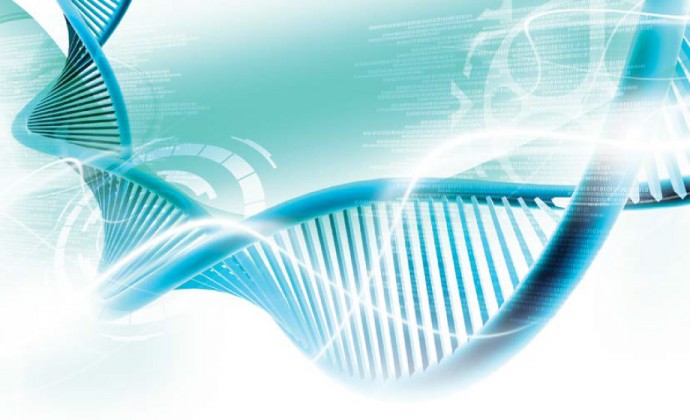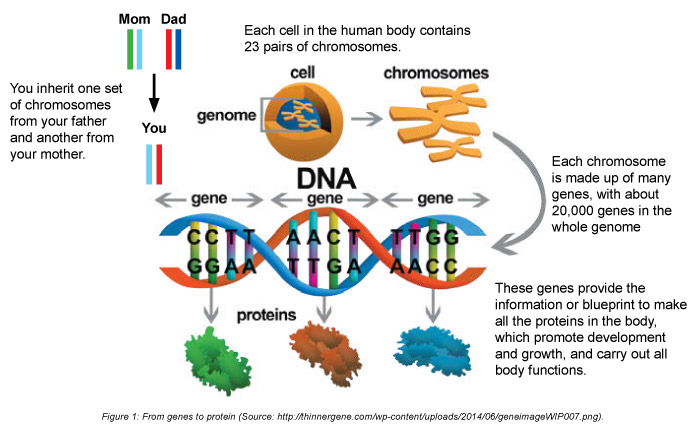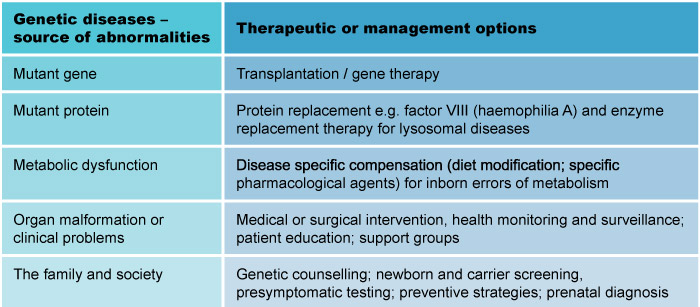The familial bond is a strong one, so strong is this bond that parents or grandparents may even pass certain genetic disorders, or traits to their children or grandchildren.
Yearly, around 3% or 16,500 of Malaysia’s 550,000 babies are afflicted with congenital abnormalities and about one-third may succumb to these illnesses before reaching their first birthday.
Congenital abnormalities include the majority of genetic disorders, chromosomal disorders and inherited metabolic diseases.
When one or more of these genes or chromosomes are missing or altered or if extra chromosomes are present, certain proteins are not made or made incorrectly. This may result in impaired development and growth. Sometimes these faulty genes or chromosomes are passed down from a parent, and from one generation to the next generation. Sometimes they occur spontaneously or in association with some environmental factors. It is important for everyone to take note that these changes are not due to anyone’s fault.
Each syndrome is individually rare but collectively they are common. Some of these can be recognised at birth, while some are diagnosed later in life:
- Brittle bone disease
- Duchenne muscular dystrophy (DMD)
- Mucopolysaccharidosis
- Fragile-X syndrome
- Haemophilia
- Down syndrome (BI=1:700)
- Beta Thalassemia Major (BI=1:2000)
- G6PD (glucose-6-phosphate dehydrogenase) deficiency
- Mitochondrial disorders
** BI: Birth Incidence**
Due to the lack of a National Birth Defects Registry, epidemiological data on genetic diseases are not accurately available in Malaysia. This issue is compounded by the false perception that genetic diseases are ‘rare’ and have no treatment; therefore, they are ‘not sufficiently important’ for scientific research or funding. Many developed countries have healthcare policies on rare diseases and orphan drugs.
There is also reduced awareness and knowledge amongst health professionals & public and these lead to negative social consequences such as stigmatization and discrimination of individuals and families with genetic disorders. There is a need to improve the quality of lives of these individuals, including providing rehabilitation services, insurance coverage and access to equal educational and job opportunities.
Overcoming Genetic Diseases
There are many therapeutic options for patients with genetic diseases. The management must be multi-disciplinary and use evidence-based therapy. Genetic counselling by qualified genetic counsellors and clinical geneticists are essential to allow couples and families to understand the implications of a genetic condition, make non-directive and informed choices and to cope with difficult challenges in their daily lives. Below are some therapeutic approaches in genetic disorders.
Genetic screening is a tool used to detect early a genetic disease or disorder. In most countries, expanded newborn screening using heel prick to obtain dried blood spots to screen for over 30 inherited metabolic or genetic diseases is a standard healthcare service. It also provides hope to parents of children with these rare diseases, for early treatment and accurate information on how to help the child grow as normally as possible.
With proper treatment, management and care, any child with a genetic disorder or birth defect can overcome these disabilities to maximise their potential and be empowered to live a long and happy life like everyone else.
An educational contribution by Malaysian Paediatric Association.








Comments